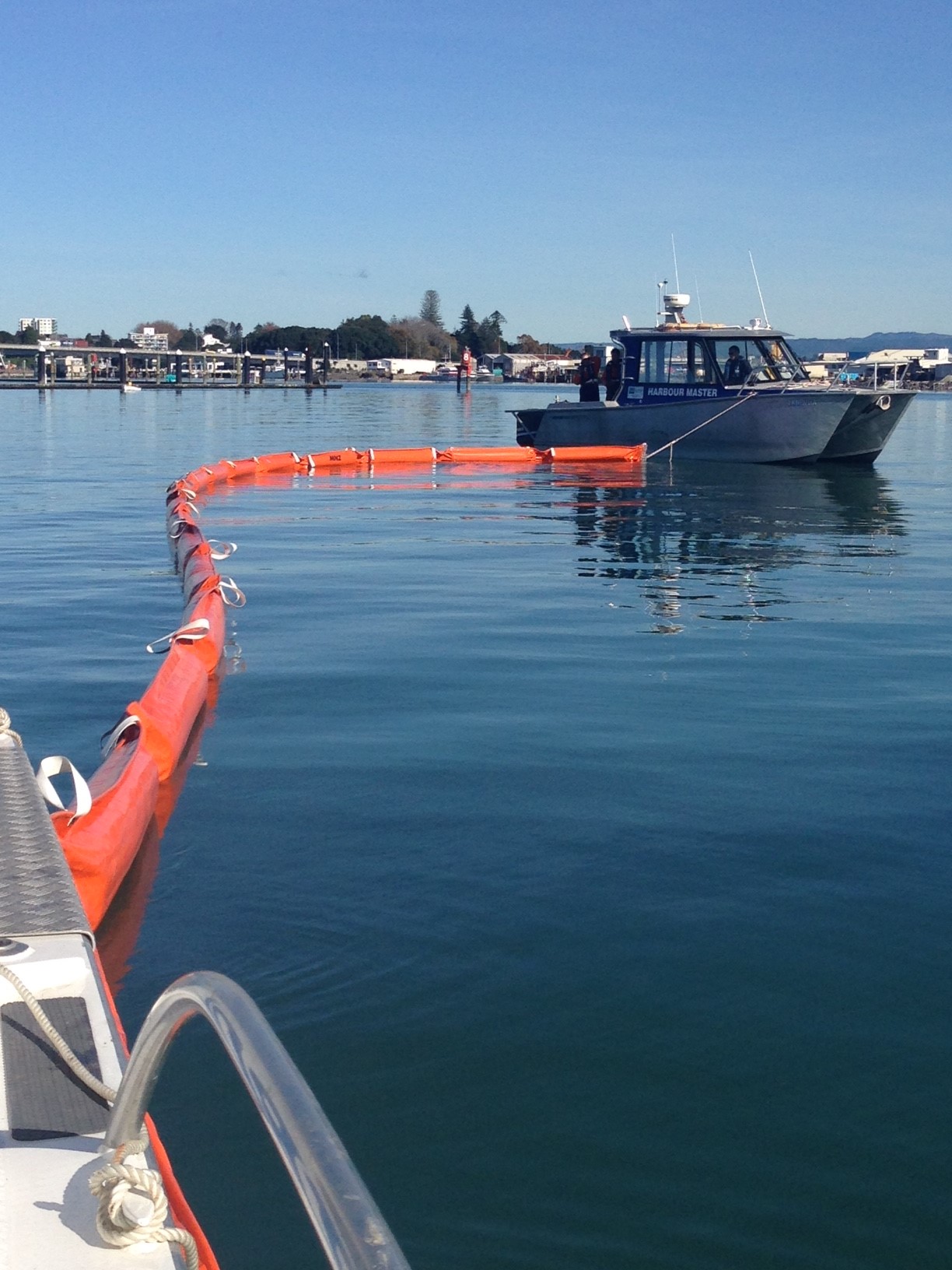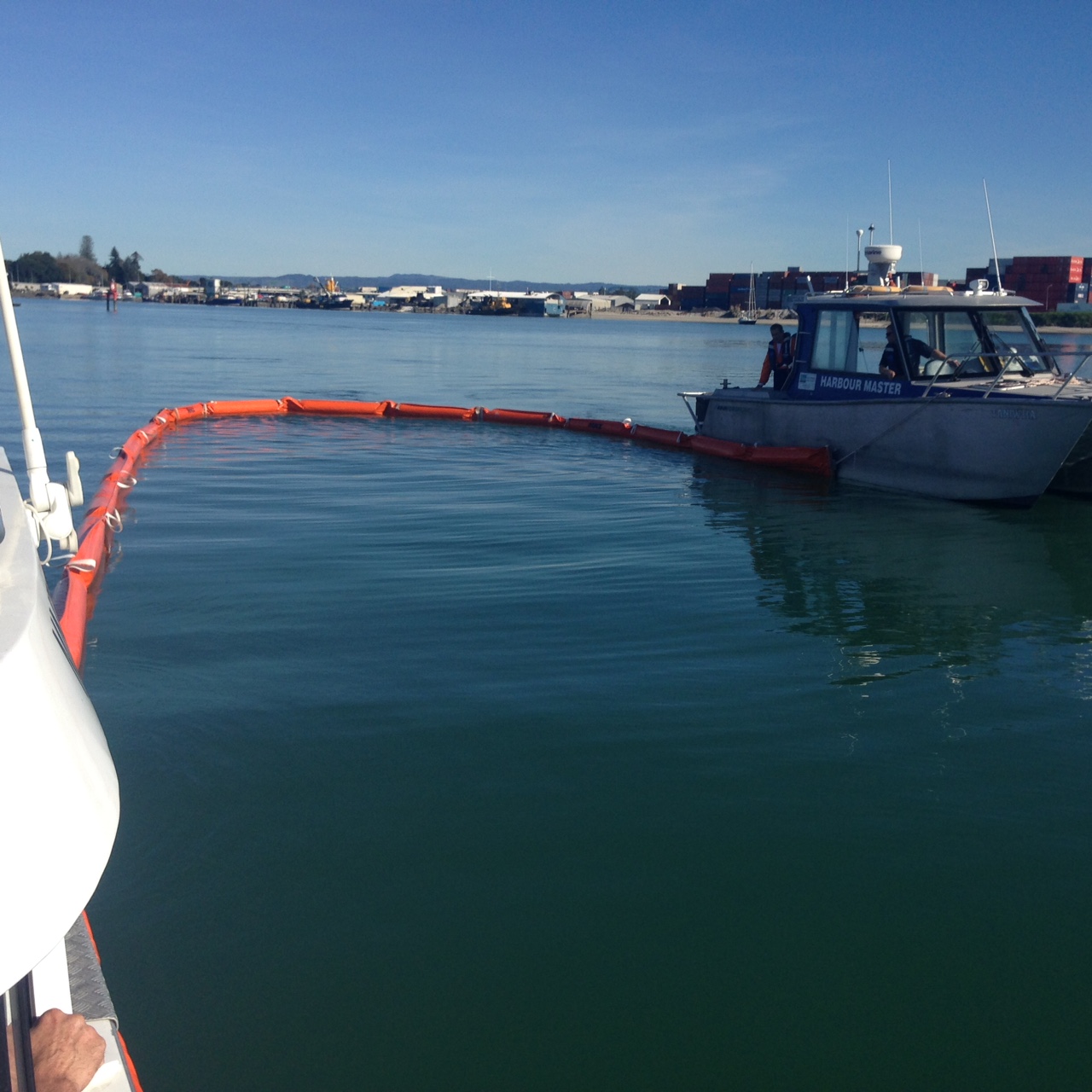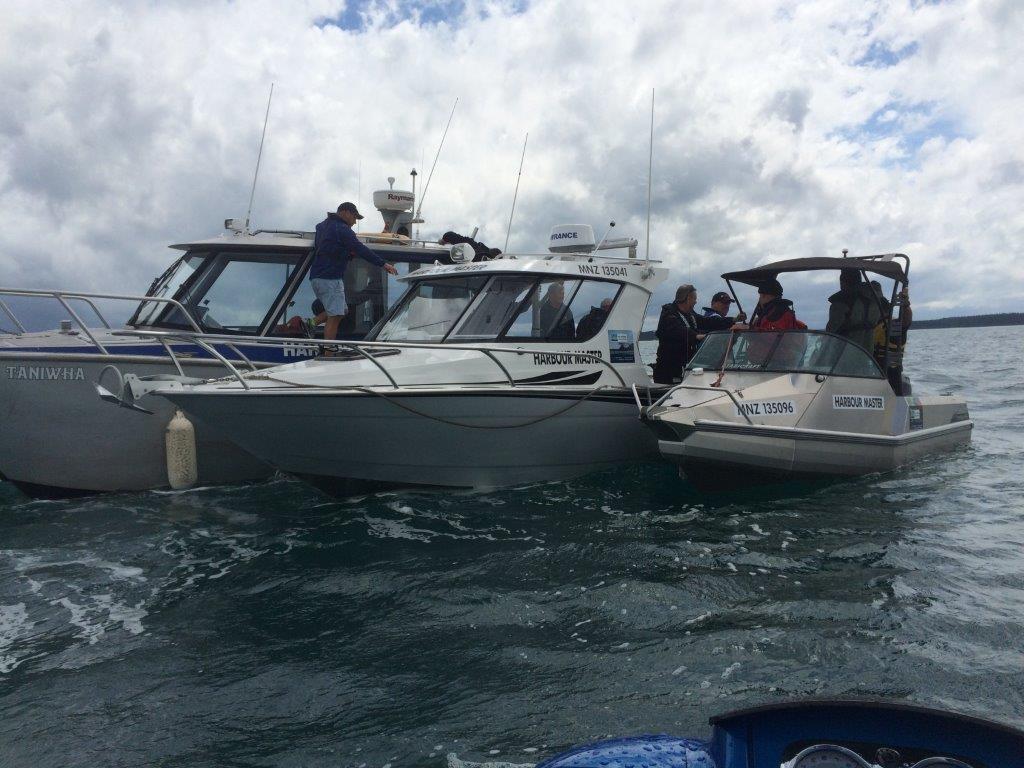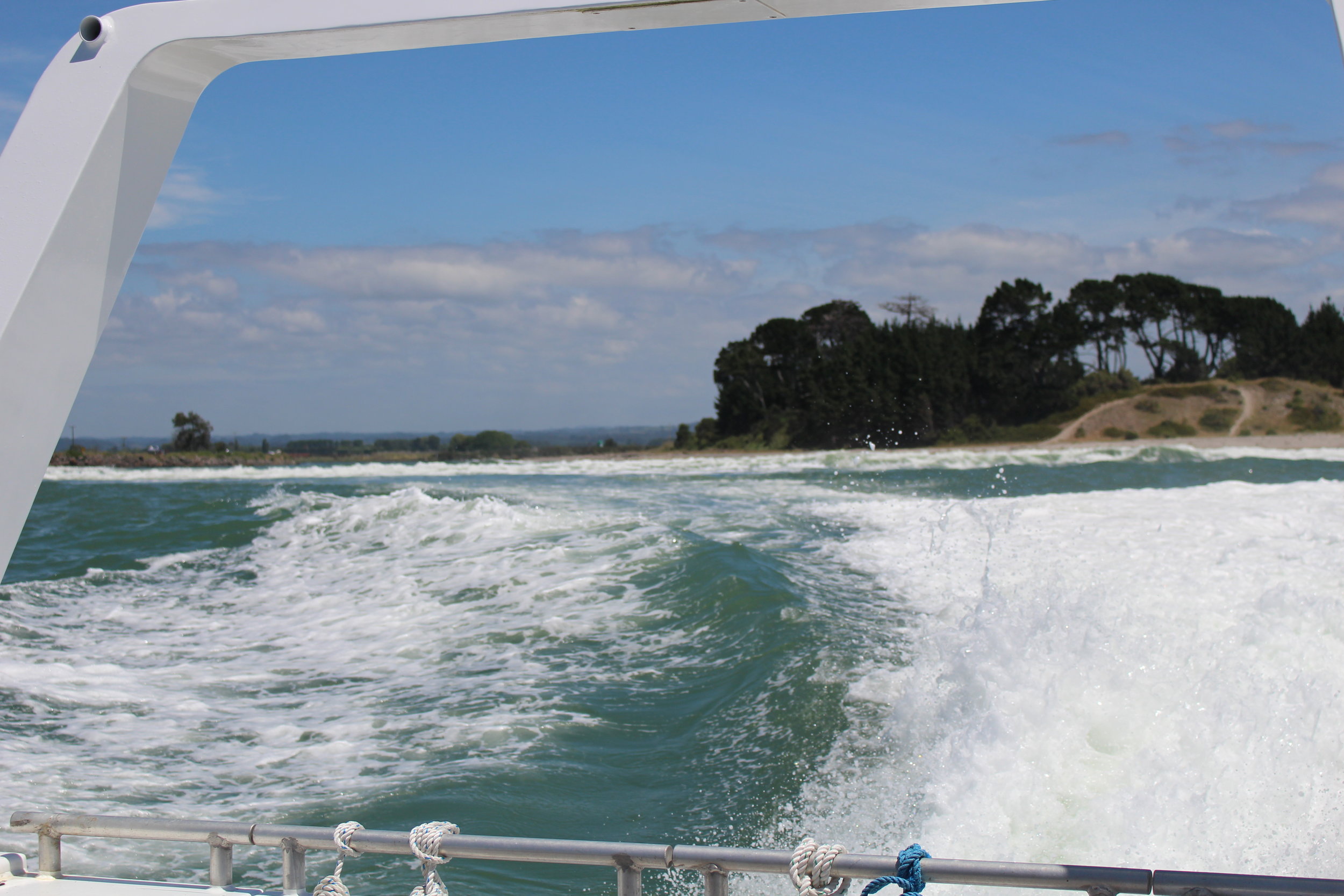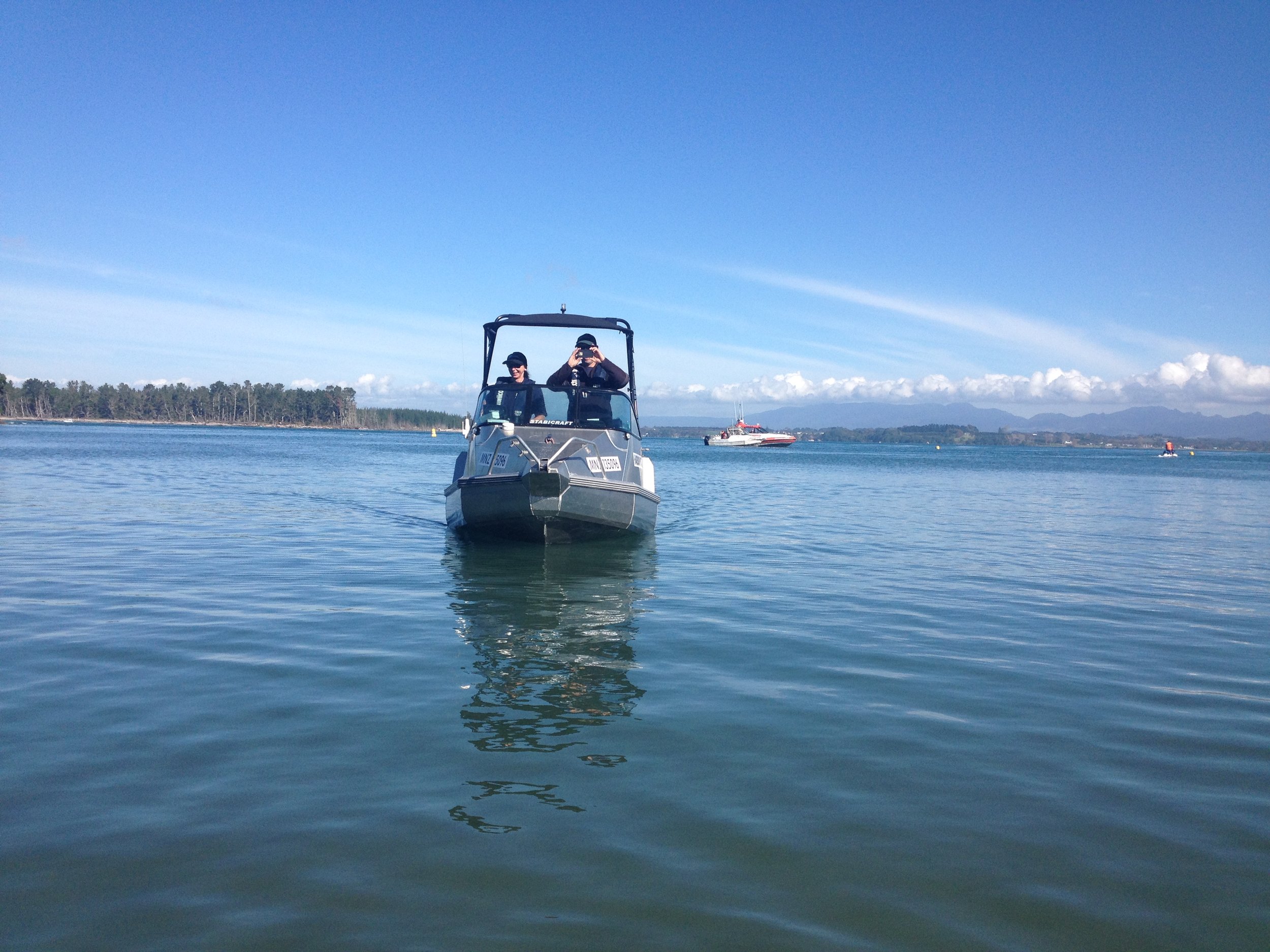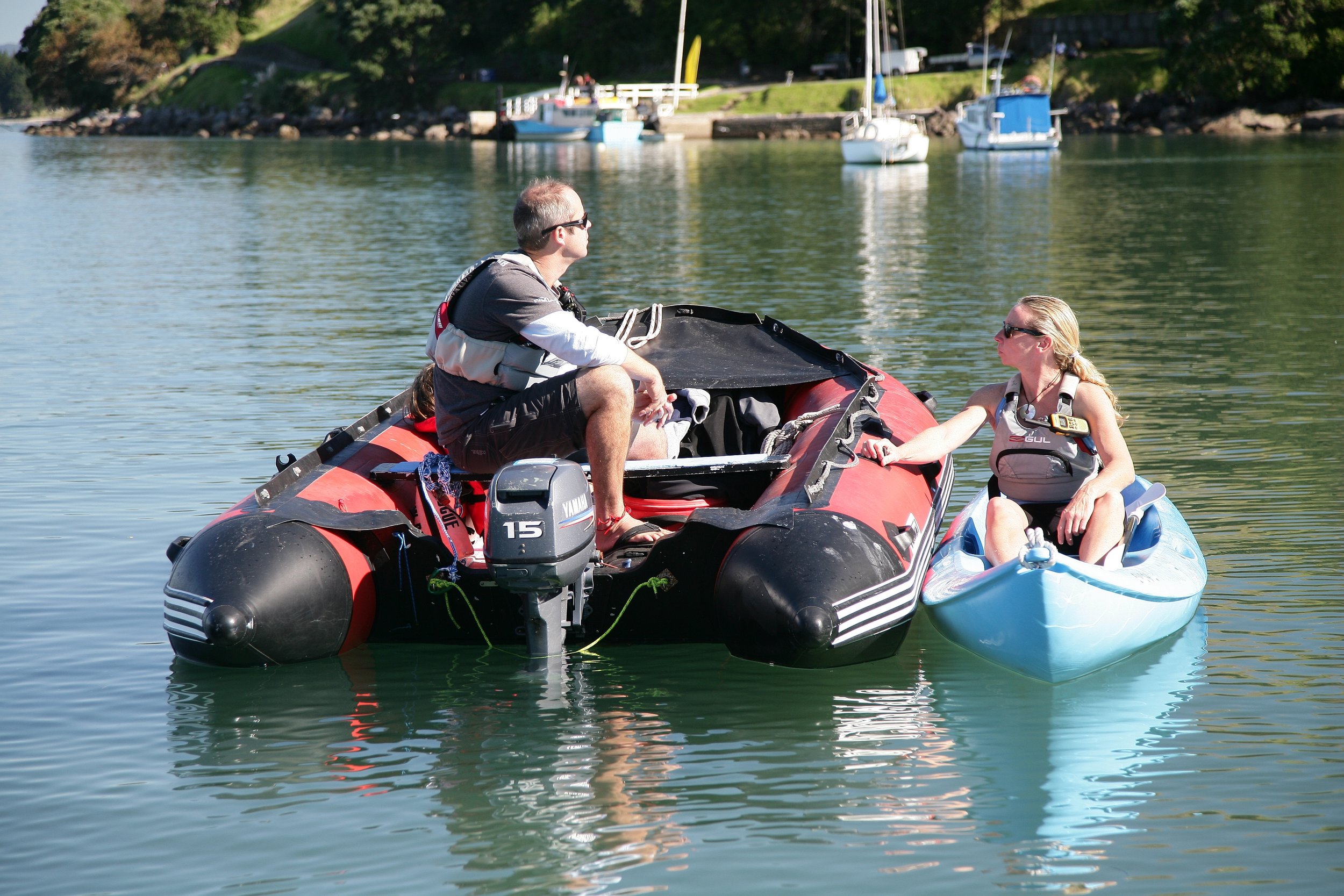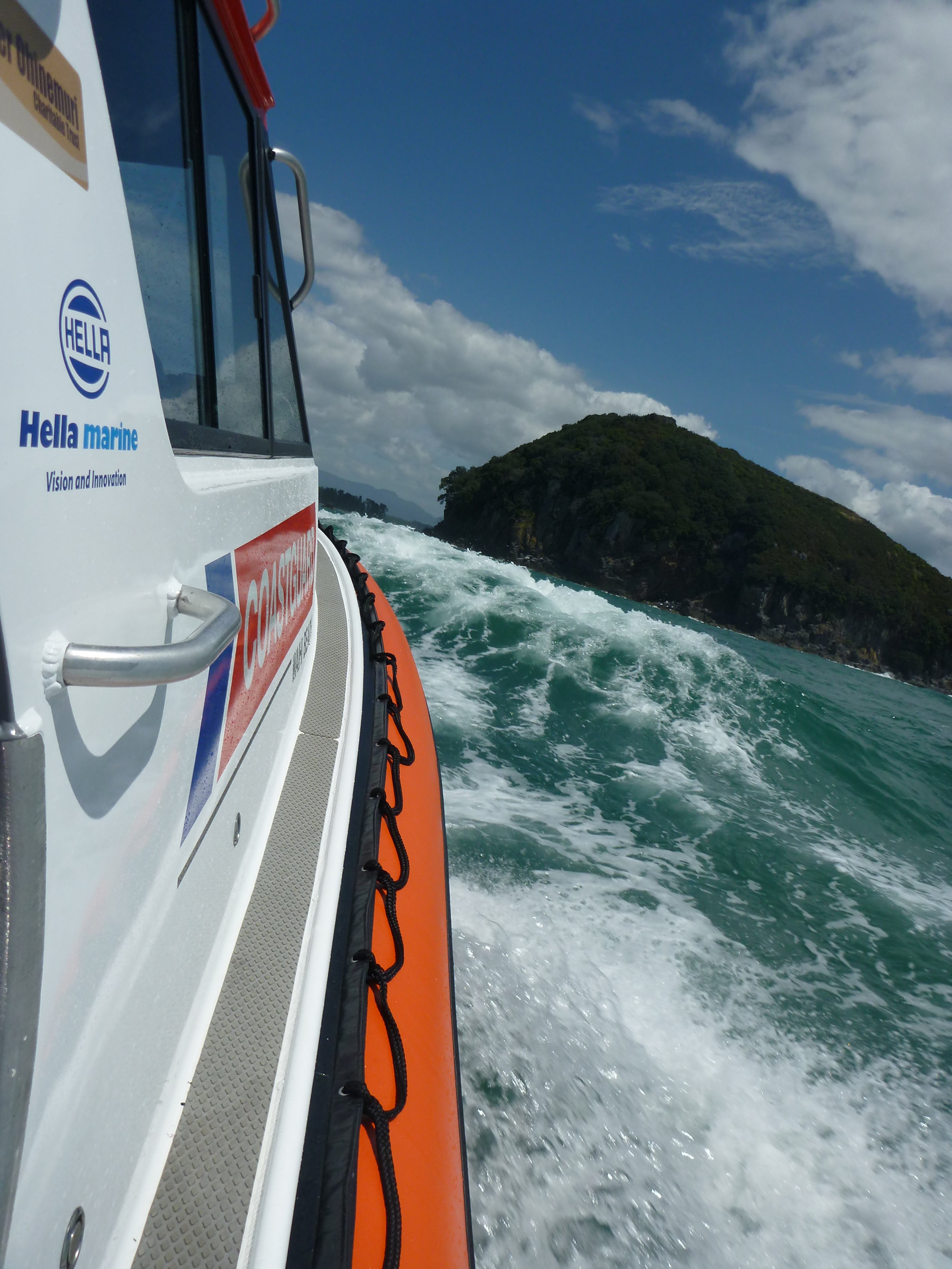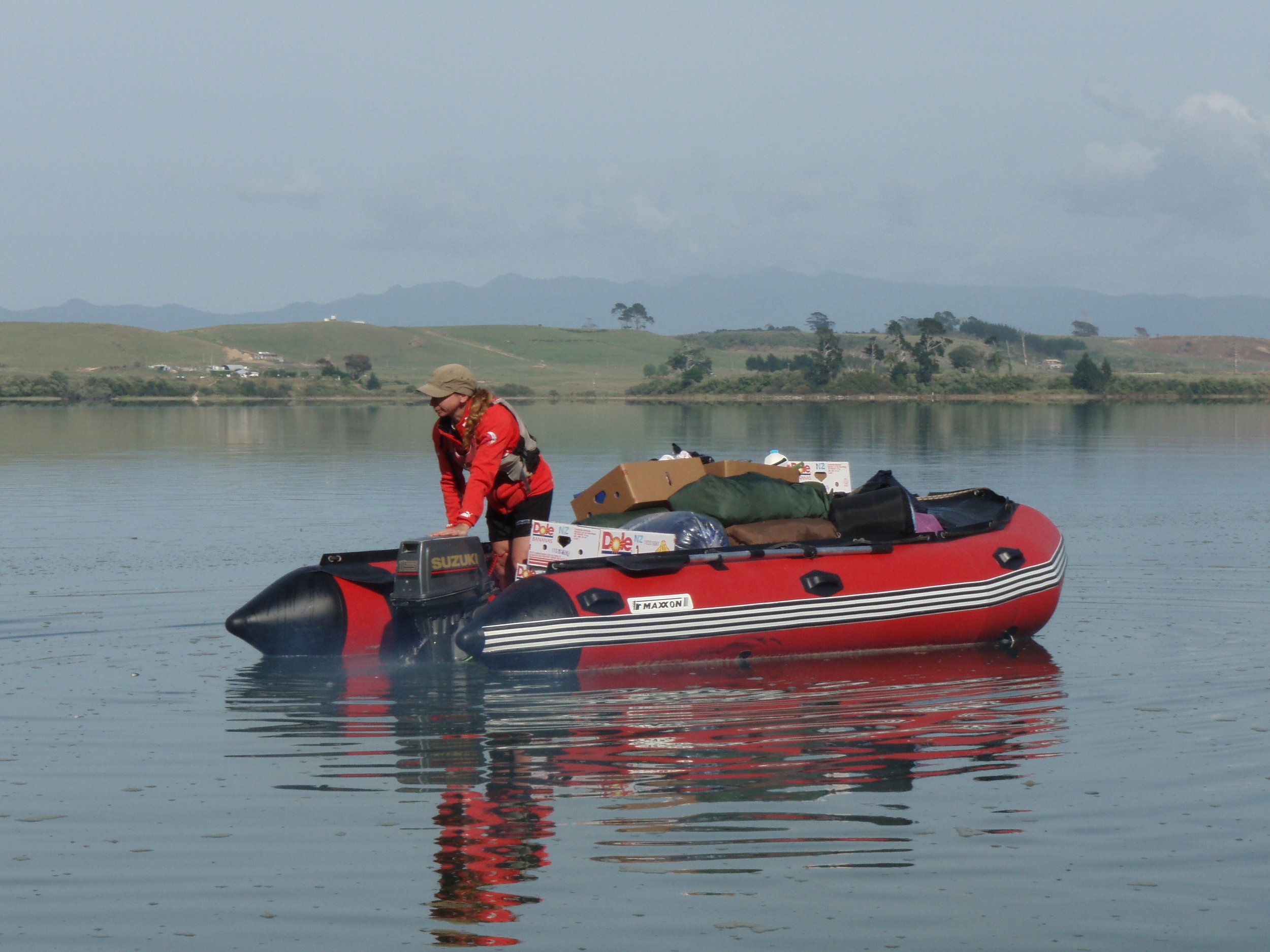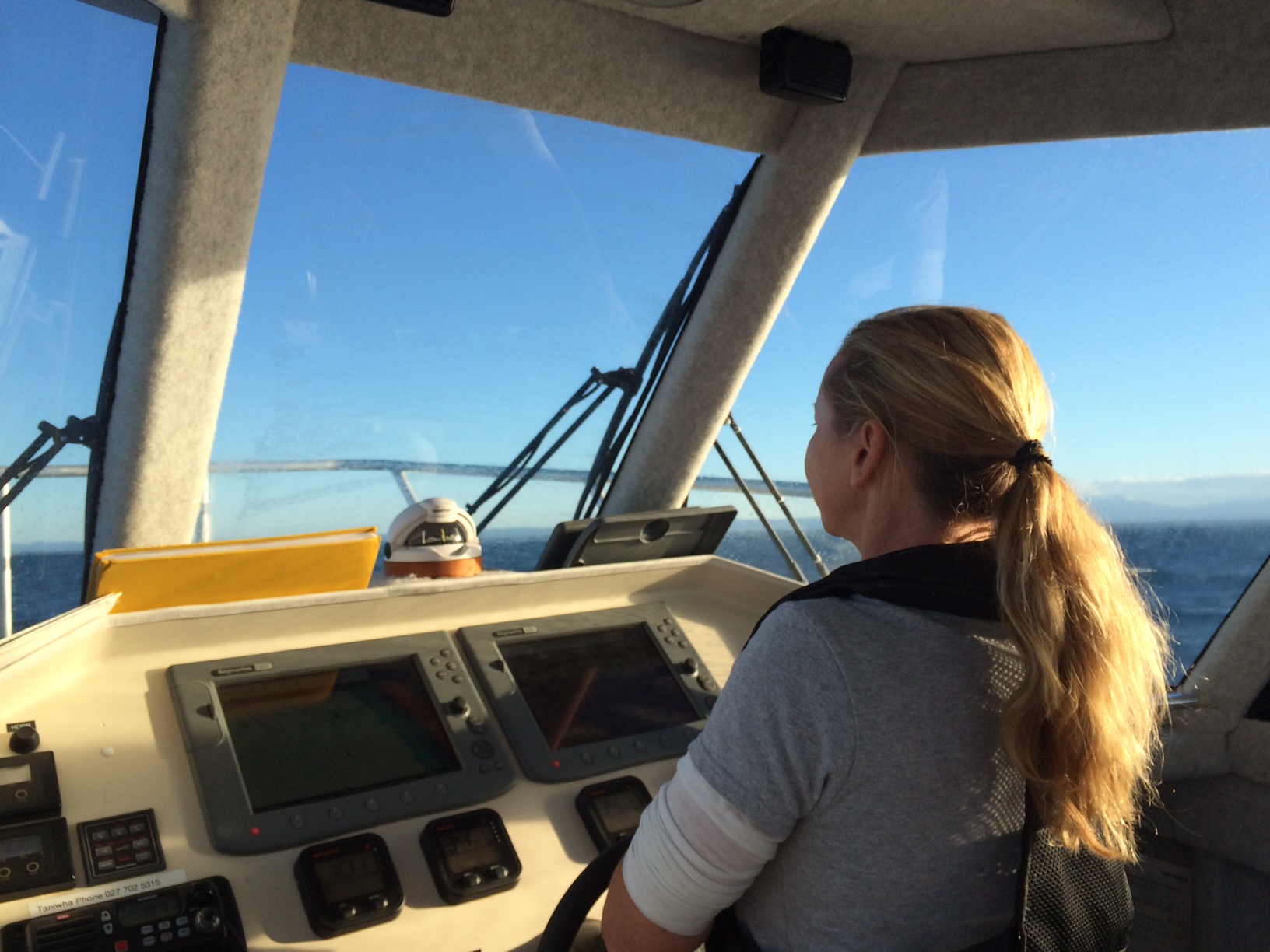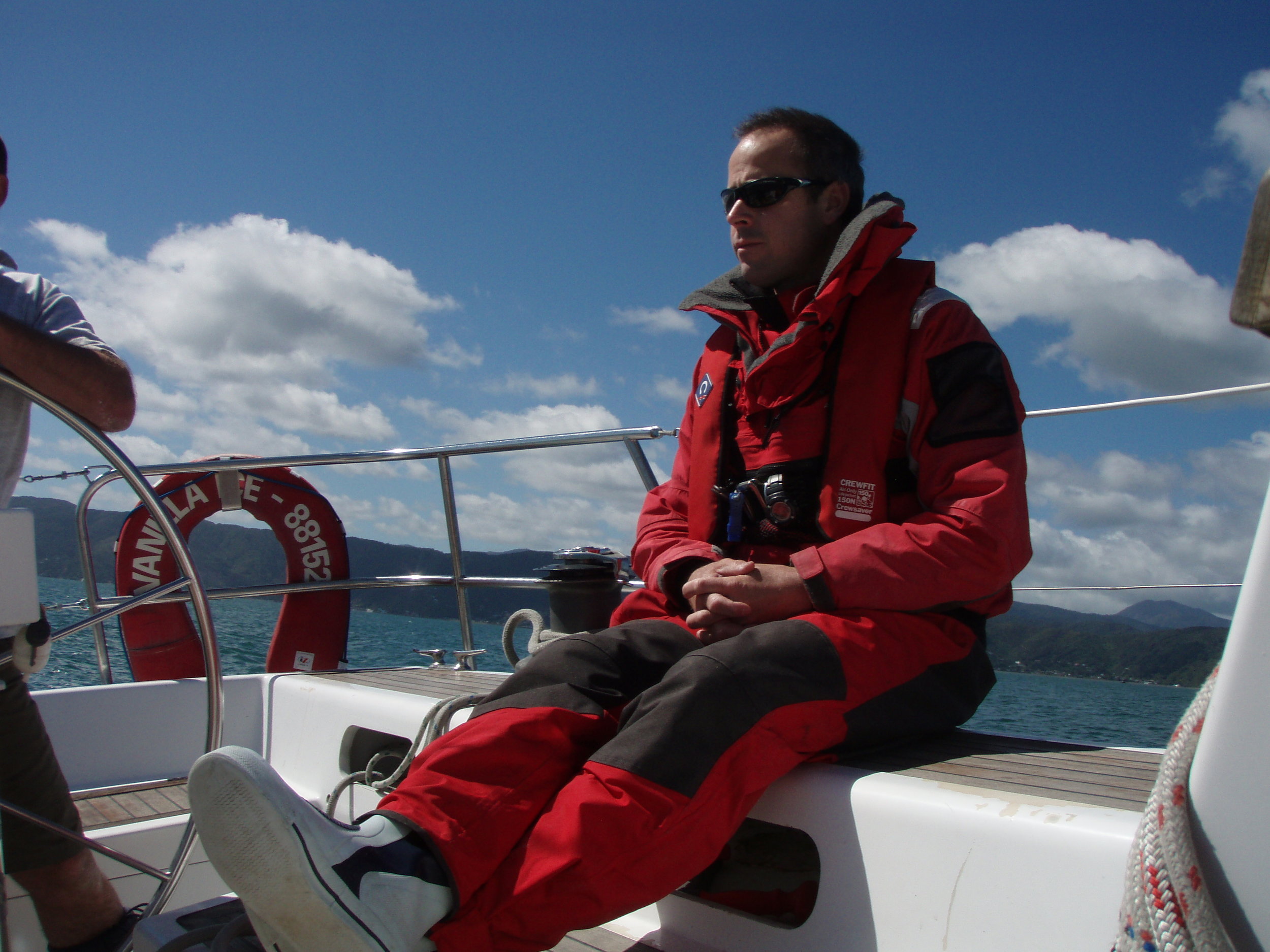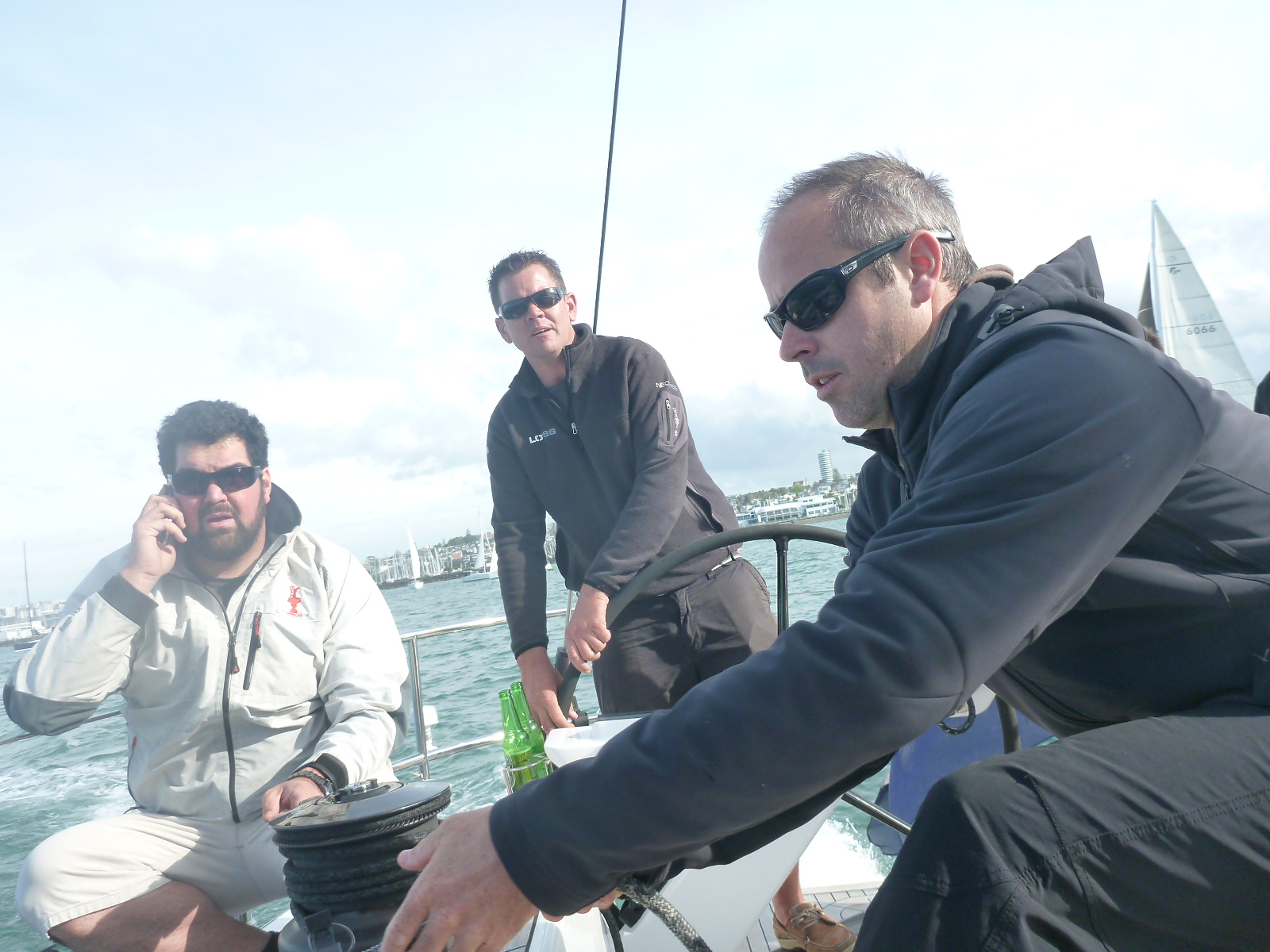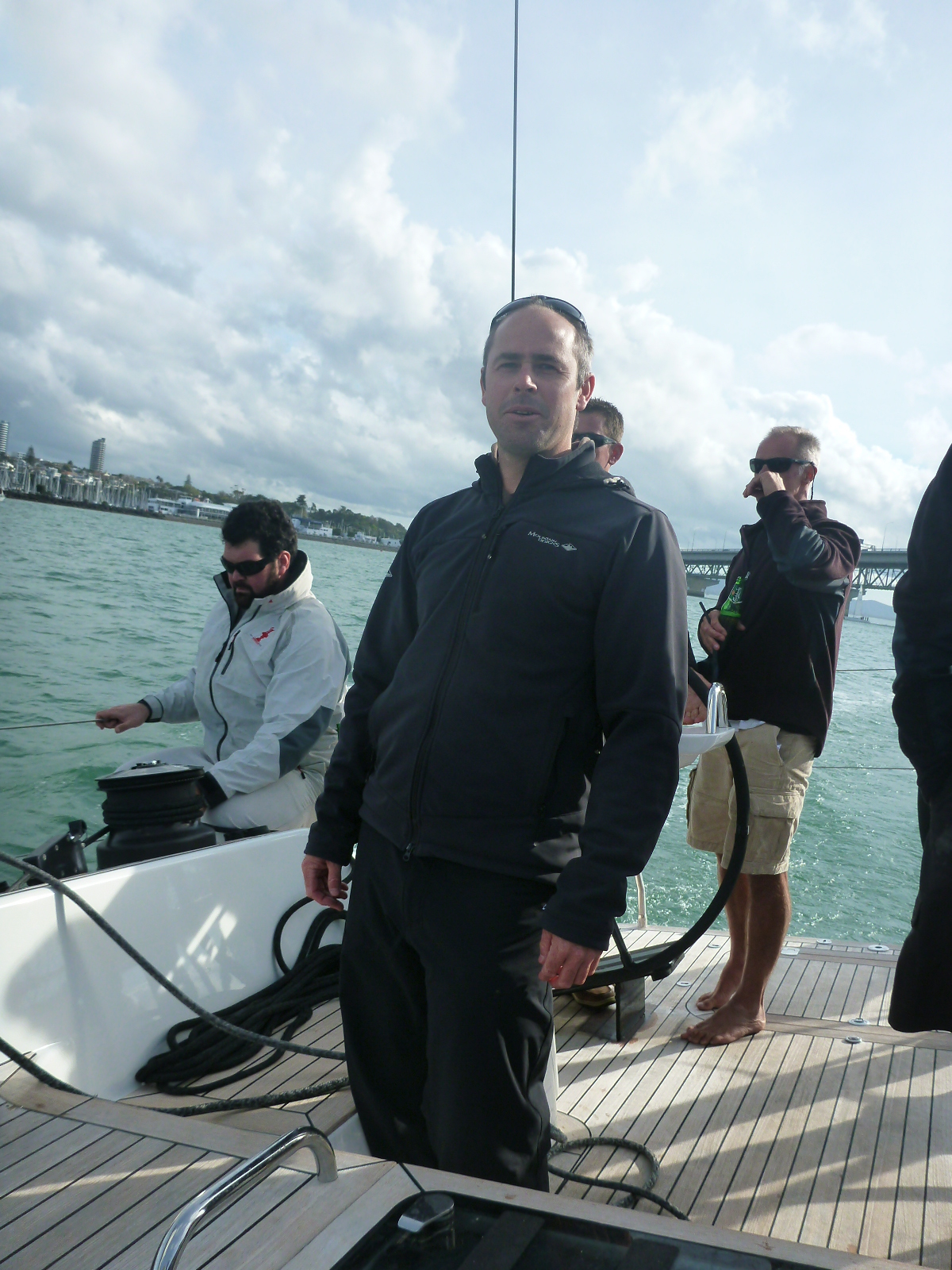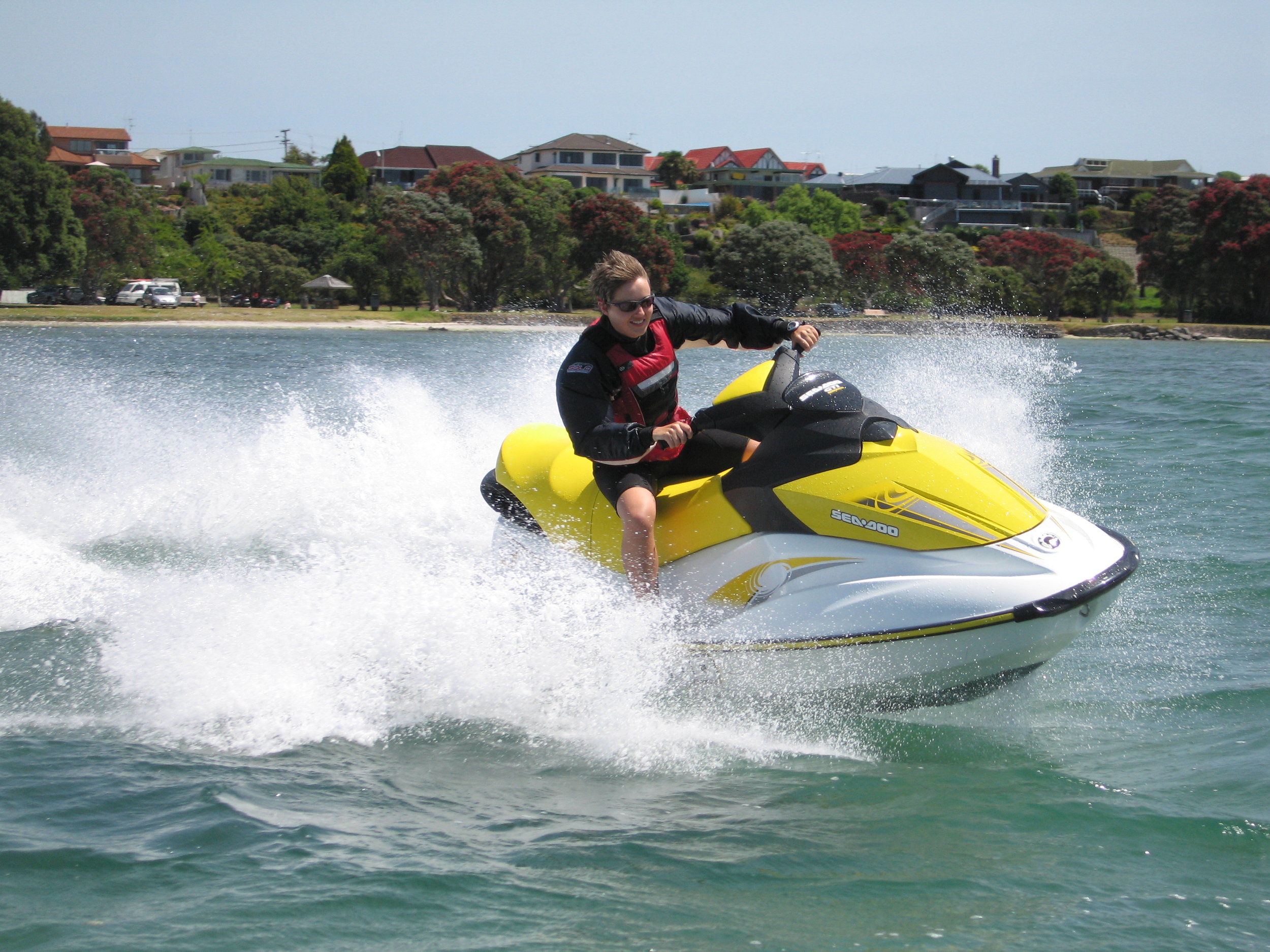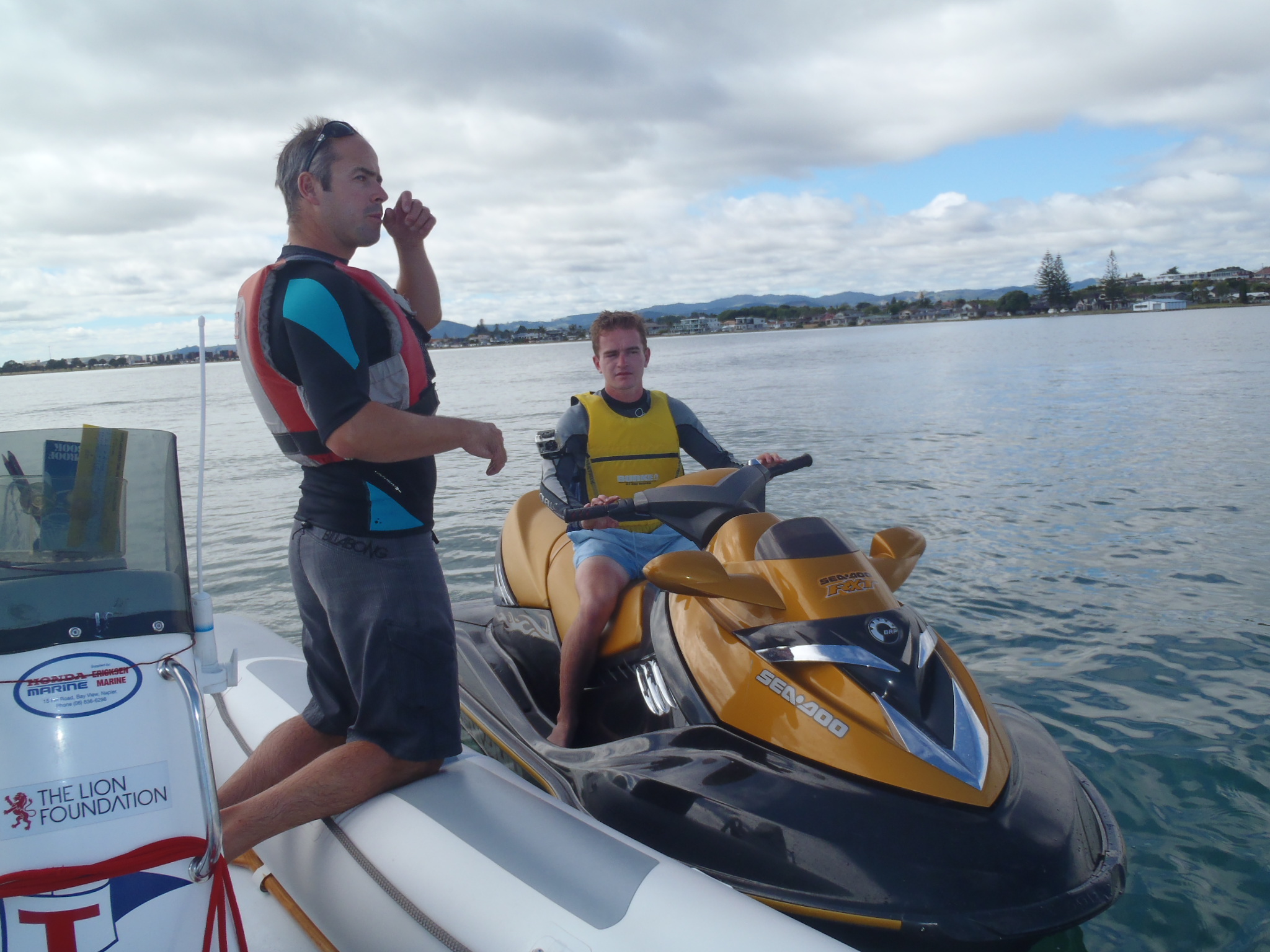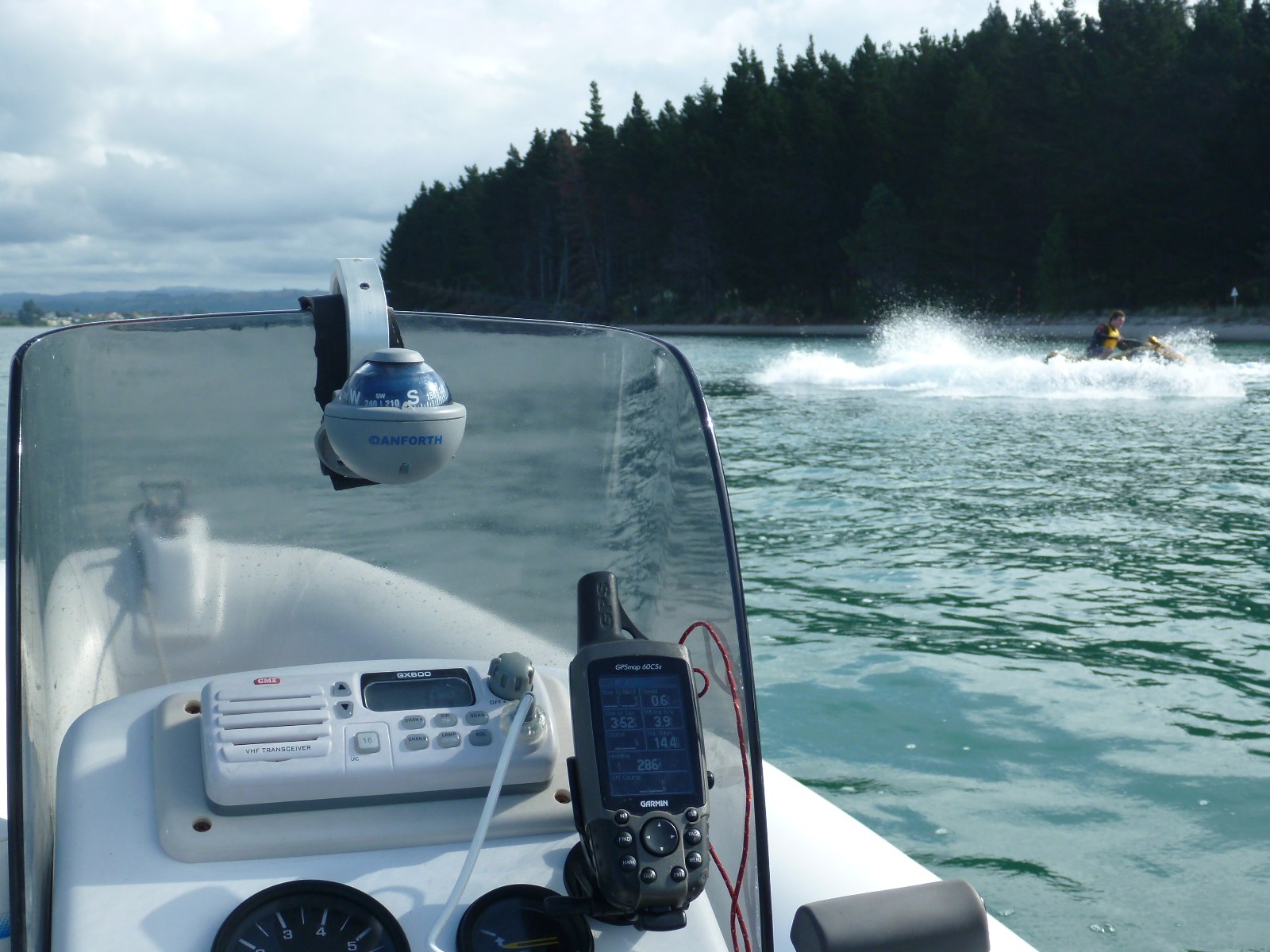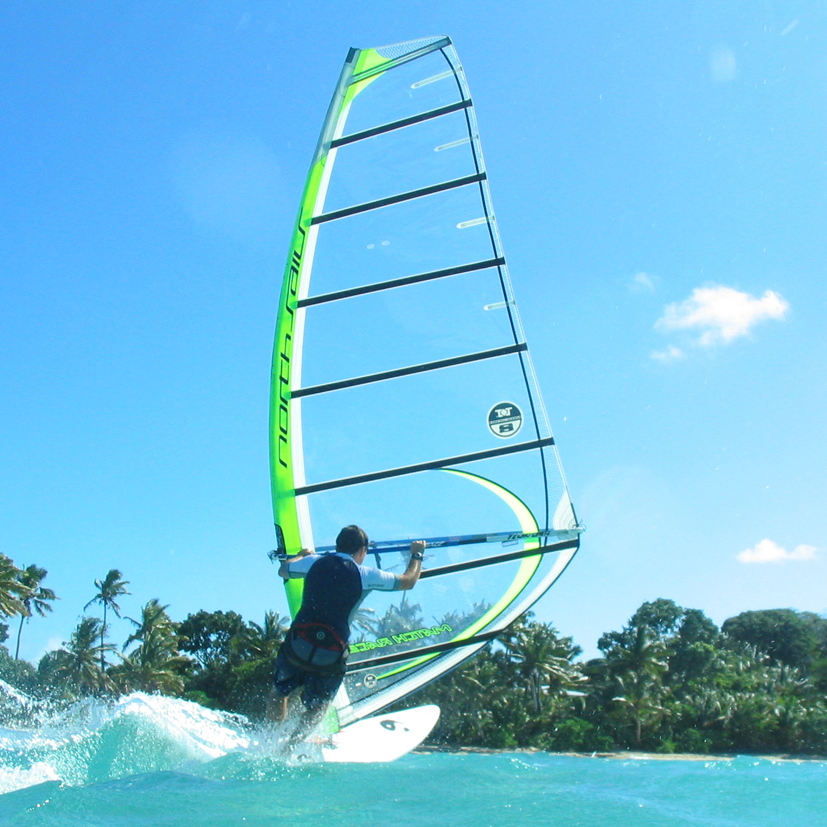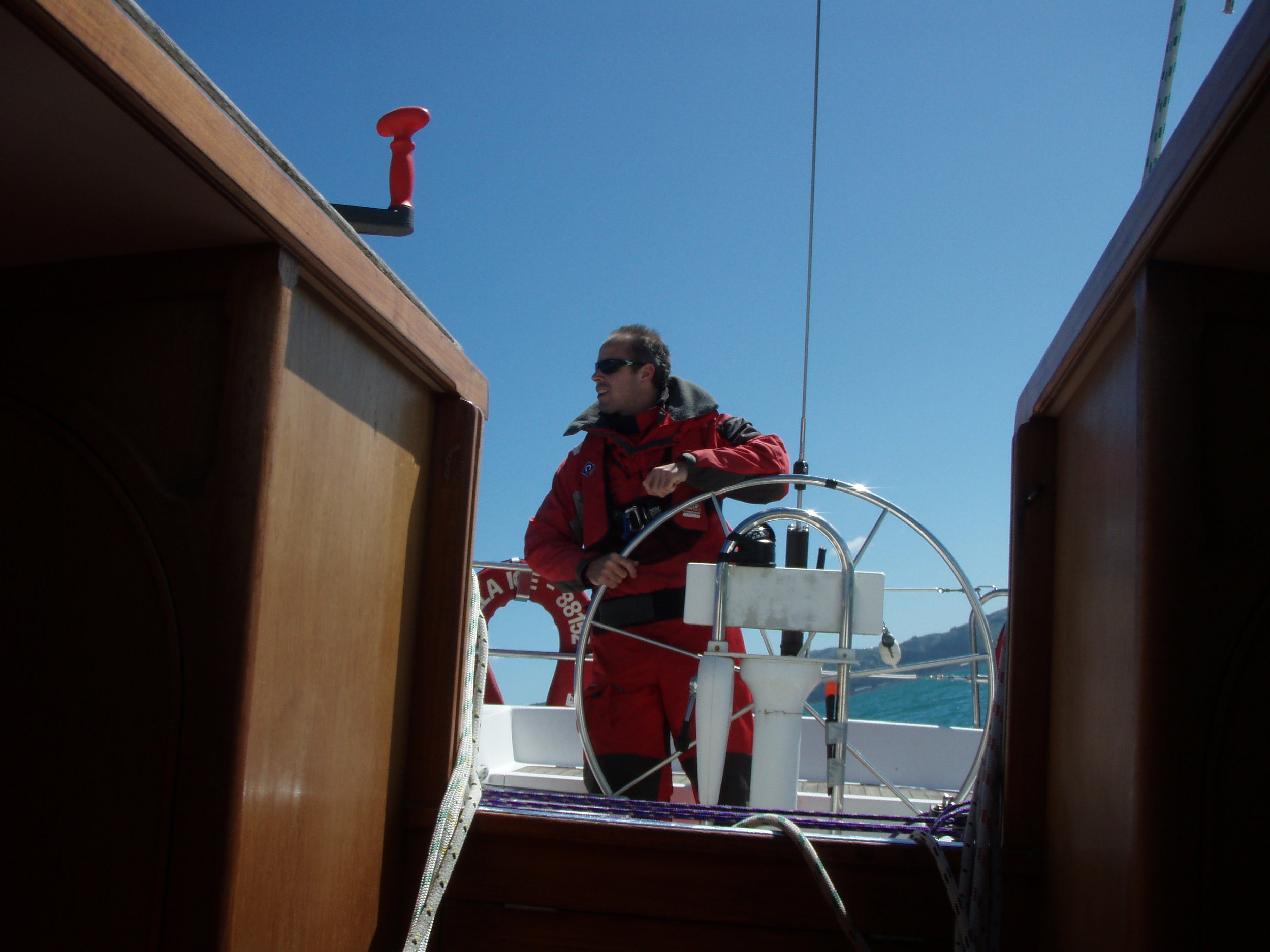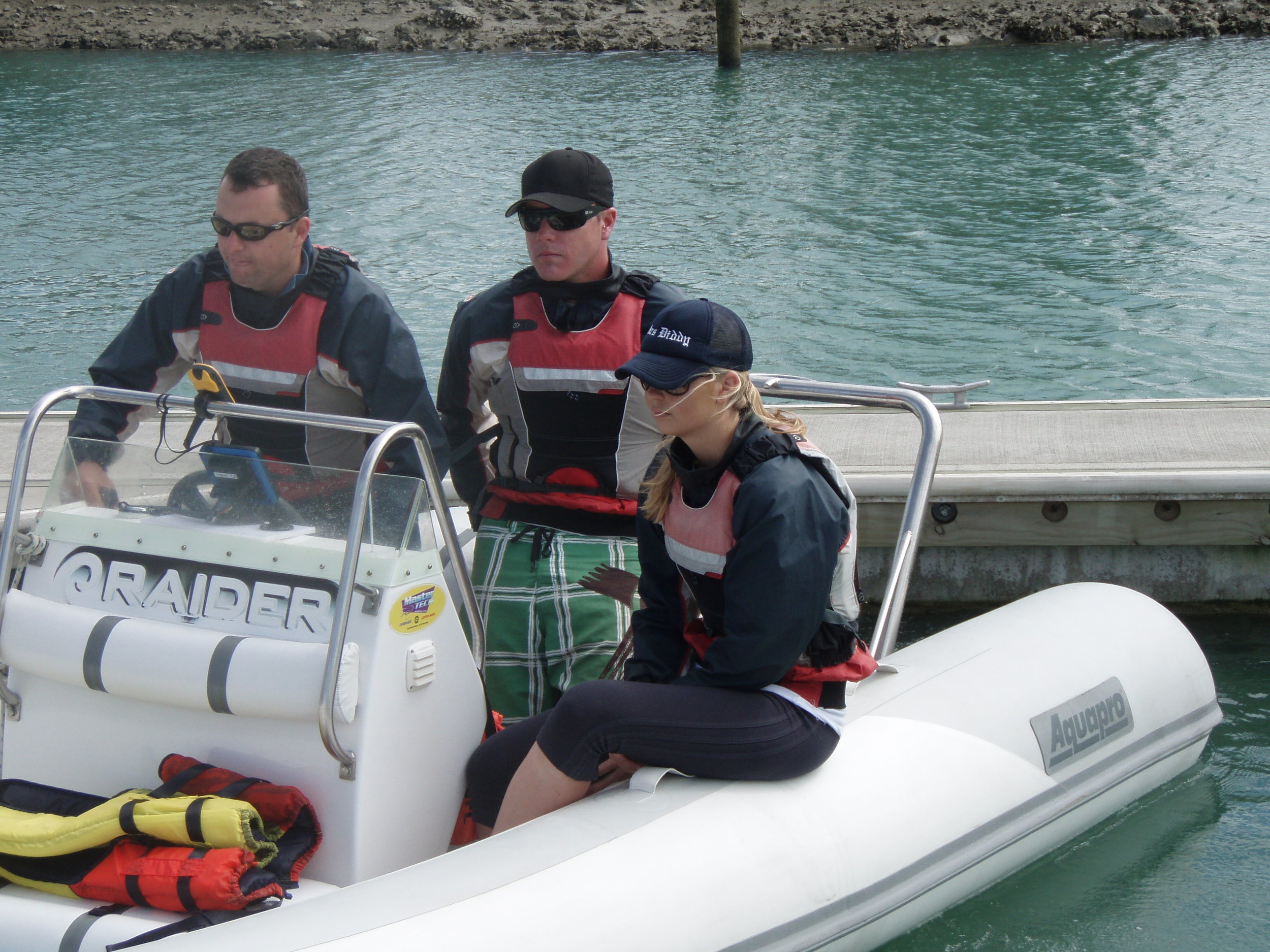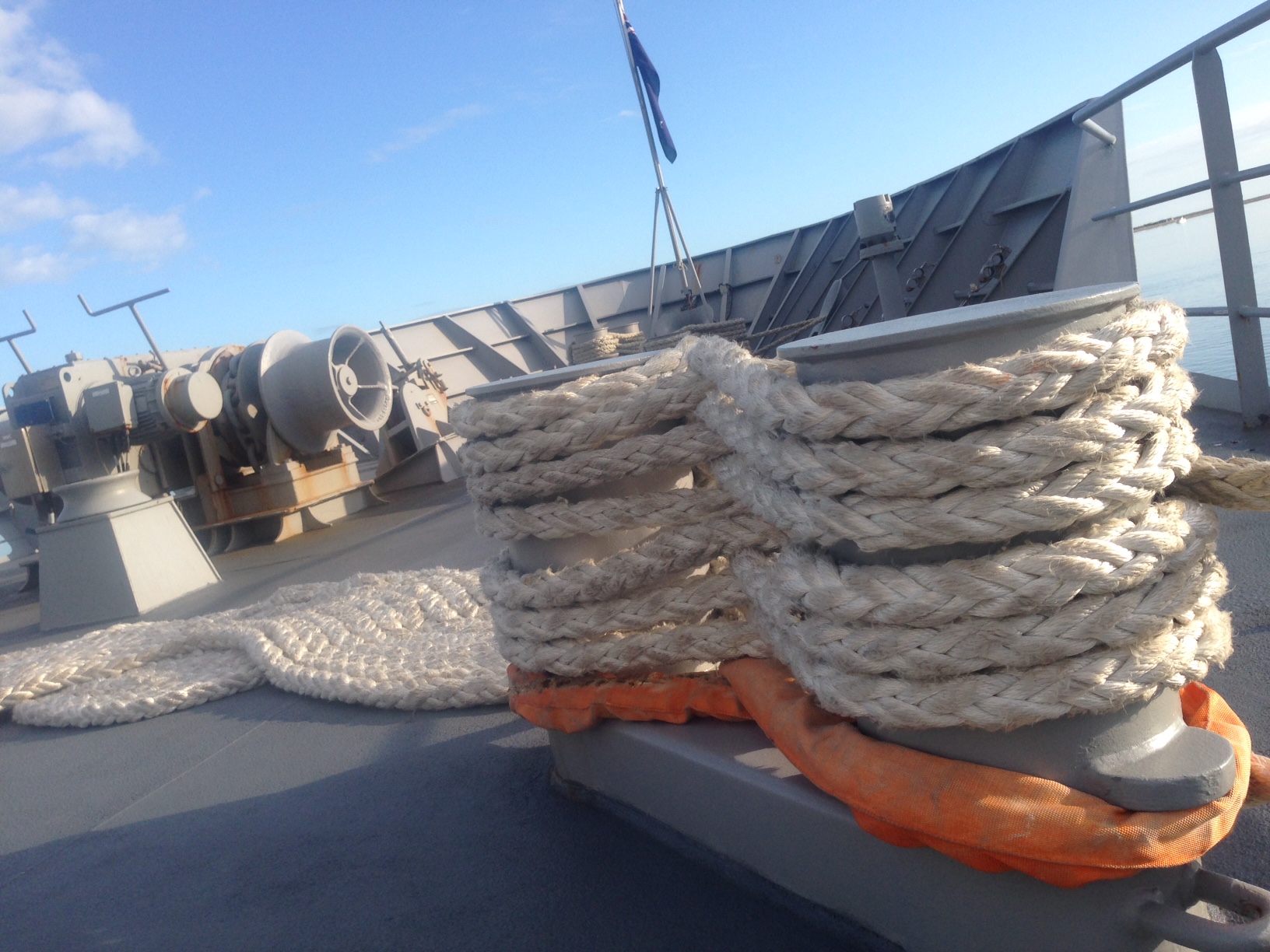What to look for when buying boat insurance
/An article from http://www.rya.org.uk/Pages/Home.aspx
Let’s get started - first of all why do you need boat insurance?
It’s a fair enough question and whilst it is not a legal requirement on many waters, having appropriate cover does make sound financial sense. Marine mortgage companies for instance insist on compulsory insurance as part of their money lending process. However, there are two stand-out reasons why boat insurance is not a ‘would like to have’ but a ‘must have’:
- Firstly you have to protect your capital investment against loss or damage which ultimately could result in a large and costly repair bill if the worst were to happen!
- Secondly having adequate boat insurance can help to protect you against any third party liability for injury or damage caused by you or your vessel.
What can influence the premium payable?
From a small dinghy to a large super-yacht or a fast and furious Jet Ski, each vessel will attract a different level of risk, so just like car insurance - boats are usually categorised according to their vessel type.
It goes without saying that a ‘Sunseeker’ with powerful engines costing several hundred thousand pounds will be far more expensive to insure than a smaller, much less powerful craft.
A yacht will have a different risk assessment than a dinghy or a jet ski, so insurers will factor in the type of the vessel and any potential repair bills before calculating the premium.
So in general, the actual size of the boat isn't as important as its value, how easily it could be stolen and the potential for damage. If your boat is trailerable and spends a large amount of time safely tucked away on your drive, you'll probably pay a different premium than if it was stored at a marina.
The area in which you intend to keep and use the boat will also have an influence on the level of premium you pay and may have restrictions on cover that are subject to local weather conditions.
Finally the experience of the owner / users, the type of use i.e. whether it is used privately, as a charter or racing vessel and of course any previous claims experiences are all taken into consideration when calculating the premium.
What type of features should I look for in my policy?
- The level of premium is obviously very important but it should not be the sole deciding factor: you must try and strike a harmonious balance between costs vs. benefits
- All policies are different, so make sure the one you choose is going to provide the cover you want and need. Handy tip - assess the very expensive parts of your boat and check not only that your policy provides cover for damage to those parts, but also what deductions may apply in the event of a claim
- Are any replacement costs issued on a new-for-old basis?
- Exclusions - make sure you look out for any exclusions in your policy. All policies have them, so check your wording very carefully
- Ensure that the policy covers any cruising grounds you wish to sail into
- Finally do make sure the insurer is authorised and approved by the regulatory body of the country in which they are based; here it is the Financial Conduct Authority.
Summary of a typical boat insurance policy
Any physical damage covered by a boat insurance policy will usually include your equipment such as hull, sails, machinery, furnishings, on-board equipment, and the trailer if applicable.
Standard cover normally includes:
- Accidental damage, including fire, theft and malicious damage, sinking, stranding, collisions and salvage costs
- Damage to engines
- Transit risks up to 30 feet in length
- Lifting and launching risks
- Loss or damage caused by latent defects
- Frost
- Damage to mast and rigging whilst racing can be purchased for an additional premium
- Personal effects
Third Party
Provides protection for you or authorised persons using your boat from claims made by third parties for death or injury or damage to third-party property for which you may become legally labile.
Typical policy exclusion:
- Damage caused by wear and tear
- Wilful misconduct
- Loss of value due to age of vessel
- Losses caused by corrosion osmosis
- Mast, spars and sails whilst racing unless the policy has been extended
- Damage to machinery following breakdown
- Theft unless the right security devices or locks are fitted
- The policy excess relating to damage caused by you and also on any third party claims.
Where do you buy your policy?
Whether you buy a policy from a specialist insurance broker, direct from the insurer, or via the web - all have their own merits but of course the main point to establish is to ensure you only insure as appropriate, and don’t scrimp on cover if your demands are likely to be high.
Finally
So to summarise: review any potential policy in detail before you commit to purchase, make sure you understand what is covered, but more importantly make sure you understand what is not covered. By undertaking a thorough analysis of every possible scenario including those applicable to your own circumstances, you should be able to get the right cover for your vessel and enjoy peace of mind sailing without unnecessary worry.
Please note this article contains general advice only and is not specific advice for any individual customer. If you are unsure as to which policy is best for you, contact your marine insurance broker or insurers who will be able to advise you accordingly.www.bishopskinner.com


